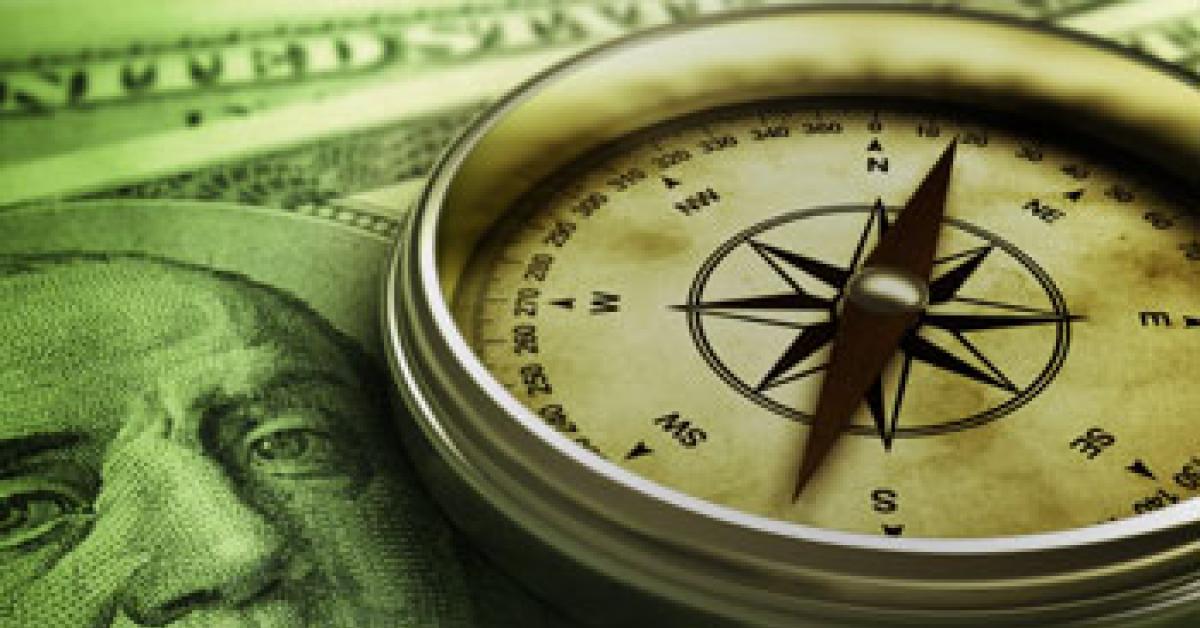CHICAGO — Many years ago, making a purchase at a retail store was a simple transaction. You dug into your wallet or purse to come up with the cash, or you wrote a check. Then, in 1950, an entirely new way to spend your money was born.
New York businessman Frank McNamara, embarrassed when he discovered he didn’t have enough cash on him to pay for dinner with some business associates, came up with the idea for Diner’s Club. His innovation eventually spawned the gigantic credit-card industry in which VISA and MasterCard are the dominant players today.
For decades, credit cards on the retail scene involved simple transactions: the cooperating retailer accepted your credit card for payment, and you received a bill from the credit card company. The retailer got his money right away (less a small percentage of the transaction), and you had up to 30 days to pay for your purchase—a win-win situation for everybody.
It didn’t take long for financially shrewd buyers to recognize that this was a great way to make larger purchases. It allowed you to use someone else’s money for up to 30 days at no interest (provided you paid your bill in full every month).
That all changed when the credit card companies figured out a profitable way (profitable for them, not you) to put a stop to all those free loans. They named it the debit card.
As you undoubtedly know, there’s a big difference between credit and debit cards. When you use a debit card, there’s no free loan. Every time you make a purchase with a debit card, the money is immediately deducted from your checking account—no more free lunch.
So why would anyone want to switch to a debit card? The credit card companies came up with a great selling point: convenience. When you use a debit card, you don’t have to write a check at the end of the month. Despite the obvious disadvantage of no longer being able to use “someone else’s money,” millions of Americans went for the bait and signed up for debit cards.
Today, when you swipe your card through that little machine, a new question often pops up: “Credit or Debit?” That harmless-appearing question was at the heart of a dragged out class-action lawsuit brought by major retailers against the leading credit card companies some years ago.
The retailers accused VISA and MasterCard of overcharging retailers more than $13 billion over a decade for use of their debit cards. If their accusations were correct, you and I are paying this big tab through higher prices.
The reasoning behind the lawsuit’s charges is complex, involving lower risk to the credit card company for offline (other than ATM machine) debit transactions than for credit card transactions, resulting in higher costs to merchants. Small retailers pay an even larger premium when a debit card is used for an offline transaction, all of which, said the lawsuit, has resulted in huge overcharges to merchants for the use of debit cards.
To make this possible, said the lawsuit, the credit card companies have used their huge market power to impose an “honor–all-cards” rule that requires merchants to accept VISA and MasterCard debit cards if they want to accept their regular credit cards.
It’s still a complicated mess, but there is one thing for sure. If you’re using a hybrid card, such as the VISA Check Card, that can be used for either “credit” or “debit” transactions, you’re not getting credit in the old credit-card sense when you use it. If you answer the question with “debit,” you’ll get an “online” transaction that is likely to cost the merchant less (and an immediate deduction from your bank account). If you answer “credit,” you’ll get the usual signature transaction likely to cost the merchant more.
Sounds complicated, and it is. And now there’s a new wrinkle that muddies up the waters even more. Banks are increasingly imposing so-called “point-of-sale” charges for using MAC and other online systems. This, critics say, is intended to steer debit card holders away from ATM machines and into offline use of debit cards.
There’s little or nothing that you or I can do to influence this untidy situation. Still, I feel that it helps to underscore what I’ve been telling you all along: Stay away from debit cards. The so-called convenience of not having to write a check to the credit card company at the end of the month is more than offset by your inability to take advantage of the “float.”
The smart way to use credit these days is to pay with a regular credit card and then be sure to pay the bill in full when it arrives. That way, you’ve taken out a short-term loan at no interest to make your purchases.
What happens if you can’t come up with the full amount due when the bill arrives? Spending money that you don’t have is not the smart way to use credit. The huge interest you’ll pay for the privilege of borrowing the credit card company’s money to make your purchases is the first step down the road to financial oblivion.
So, the choice is up to you. Use credit wisely, or pay the much higher cost of using it foolishly.
Information in this article is provided for educational and reference purposes only. It is not intended to provide specific advice or individual recommendations. Consult an accountant or tax adviser for advice regarding your particular situation.
Have a question or comment? E-mail our editor Dave Davis at [email protected].

